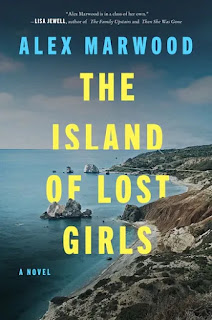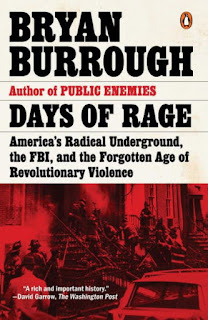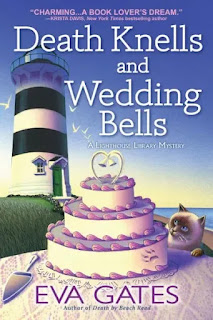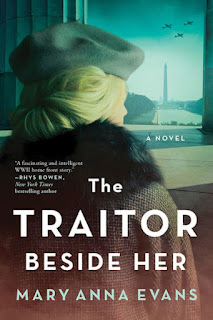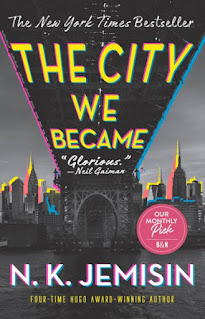 Rachel Cochran was raised in Texas and received her PHD in English from the University of Nebraska-Lincoln. She currently teaches literature and creative writing at UNL and is also an assistant editor of Machete, an imprint of Ohio State University Press. Her short stories and essays have appeared or are forthcoming in The Rumpus, The Masters Review, and have won the Mari Sandoz/Prairie Schooner fiction award, and the New Ohio Review's nonfiction contest.
Rachel Cochran was raised in Texas and received her PHD in English from the University of Nebraska-Lincoln. She currently teaches literature and creative writing at UNL and is also an assistant editor of Machete, an imprint of Ohio State University Press. Her short stories and essays have appeared or are forthcoming in The Rumpus, The Masters Review, and have won the Mari Sandoz/Prairie Schooner fiction award, and the New Ohio Review's nonfiction contest.
Cochran's debut novel is The Gulf.
Recently I asked the author about what she was reading. Cochran's reply:
I adore books about obsessive friendships, particularly friendships formed in adolescence. In my life–and in my novel, The Gulf–Visit Rachel Cochran's website.adolescence is a strange, stormy time, one in which attractions and repulsions are overpowering and occasionally deeply intermixed. Novels that can paint this complicated dynamic in convincing ways utterly absorb me.
One such novel I recently read and adored is Margaret Atwood’s Cat’s Eye, recommended to me by a close friend. I’ll admit, at first I was skeptical: the synopsis, which tells you that the novel is about an artist who returns to her hometown in adulthood and thinks about her childhood, seems to admit that not much happens in the story, plot-wise, and usually that’s a sticking point for me. But in Cat’s Eye, the happening is deeplyembedded in the language itself–and ultimately the mind of the narrator–as she turns these gut-wrenching, white-hot memories over and over, handling them and gazing into them much like she used to do with the cat’s eye marble named in the title.
Two much more recent examples are Rebecca Makkai’s I Have Some Questions for You and Polly Stewart’s The Good Ones. Both of these are crime novels, murder mysteries of a sort, in which adult women look back on an old crime in which the victim was someone they knew–though the word “friend” is a troubled, tricky term in both cases, a complication that leads both protagonists to feel tortured over their own obsessions. Asimilar theme appears in Katie Gutierrez’s More Than You’ll Ever Know, in which a true crime writer seeks to understand–and ultimately build a friendship with–a female bigamist whose crime culminated in the death of one of her husbands at the hands of the other.
Other forms of obsession are also a dominant theme in the other books I’ve recently loved. In Elaine Hsieh Chou’s gripping, funny, and deeply strange Disorientation, the protagonist’s obsession with coming up with an acceptable dissertation topic takes her on one of those classic- thriller rabbit-hole journeys of discovery that has the power to undermine her entire reality–though where the book goesfrom there is nothing you’ll be able to expect. Fernanda Melchor’s Hurricane Season is about a community’s obsessive fixation on–and ultimately hatred of–the Witch, whose body is discovered in a canal in the novel’s opening lines; the truth of what happened to her is teased out of the tempestuous obsessions of the novel’s various narrators.
If (as I learned in my first fiction workshop) desire creates action, then perhaps obsession creates extremity. Since there’s usually an element of both positive and negative charge to obsession, it also allows for my favorite narrative dynamic of all time: messy protagonists.
--Marshal Zeringue




